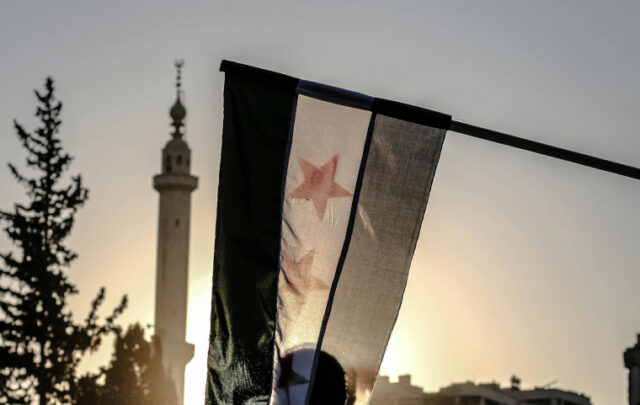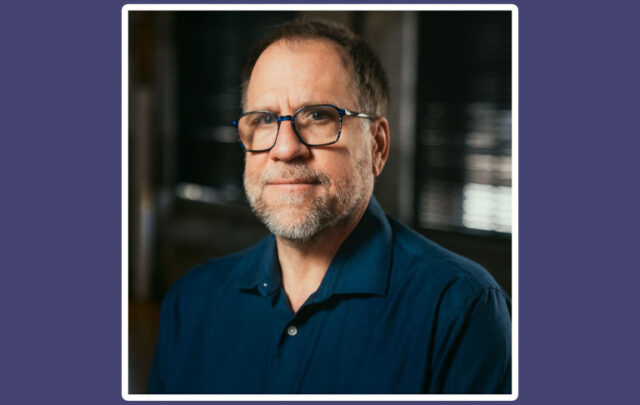
Hindu First Rice Eating Ceremony. Annaprashan, also known as annaprashan vidhi, annaprasan, or Anna-prasanam is a Hindu rite-of-passage ritual that marks an infant’s first intake of food other than milk (more). Photo: Nauzer (2009) via Wikimedia Commons.
The human community spans not only space but time. Naturally, we include in our community those closest to us–family and friends–and then in concentric circles of affiliation our co-workers; our fellow churchgoers (if we do that kind of thing); members of a civic group, a book club or a sports team to which we belong; the inhabitants of our town or city, of course; and our country. Some people even count themselves as citizens of the world.
And, while we tend to reserve our deepest feelings for those closest to us, worldwide telecommunications makes it possible for nearly everyone around the globe to feel something for those very far away who lead very different lives. Recently, for example, our sympathies have been directed toward those suffering and dying from the Ebola virus.
But, the human community also spans time. We include not only those alive today, but those who’ve lived before us. They might be departed parents and grandparents. They might have disappeared generations ago and exist now only on a family tree and as an association with an heirloom. We might also remember a whole culture (say, ancient Greece or Rome) now gone and which we know only through its artifacts and writings. We look for guidance from the ancients, from founders of our respective countries and from those considered wisest in our history both through written accounts and now increasingly through audio and video captured while they were alive.
All of this makes perfect sense. What makes less sense is for us humans to include in our community those who are expected to come after us. I am not referring to our children or grandchildren. I mean those who will not even have been born yet when we die, those whom we will never know.
Humans have an exceptional talent for being able to imagine events which have not happened, to run scenarios in their minds and to plan based on those scenarios. The events we imagine are placed in a time zone we call the future. The future is full of potential, but little else. It does not actually exist except as a construct in our minds. And, yet every politician, every businessperson, every human almost without exception is terribly concerned about the future, or at least, says so.
Some say we humans deeply discount the future–which is just a way of claiming that we care less and less about the effect our actions have on the future, the more distant that future is. But I would say that we don’t discount the future so much as we continuously reimagine it to suit our purposes (and to soothe our consciences, when necessary). We actually care deeply about the future as we imagine it!
The future of the country is at stake, the politician says. The future of the industry is at stake, says the businessperson. The future of humanity is at stake, says the activist and the moralist.
But what does this mean since the future is really a concept and not a reality? It seems natural for evolutionary reasons that humans are concerned about the survival of their genes. This is instinctual among all living organisms. But there is something more to our human concern about the future.
Humans are not interested merely in the survival of the species, but also with its so-called "advancement." Modern-day humans–unlike, say, ancient Greeks or Romans–typically imagine the future as a place in which humans become more powerful, more creative and more content. Human culture advances. The idea that it might stagnant or worse, decline, brings shreaks of horror from the champions of enlightenment and progress.
So, our concern about the future is in part a worry that it might not be better than today–better usually being defined as bigger (more stuff from the biosphere appropriated for human use); more luxurious with extra features and more fun; and above all, more automated–the world as one big push button.
We are concerned both with continuity and trajectory. And, this is where our thinking gets foggy. The continuity of the human race might require a different trajectory. The current argument over sustainability comes down to this. Those defending the status quo contend that the continuity of humans is assured by our continuous (imagined) upward trajectory. We’ve lived this long and succeeded against all challenges for 4 million years. And, with the technology at our disposal today, we should be secure for 4 million more. (Those making this argument, of course, are not thinking that our technology threatens our continuity.)
The apologists for our current trajectory by and large do not, as some suggest, care nothing at all about those who come after us. Typically, these apologists are not cynical; they do not secretly believe we face grave risks to the existence of humanity while publicly pretending those risks don’t exist. Instead, they imagine a triumphant future that proceeds from a triumphant past.
Those decrying the status quo suggest that the really important trends, the key indices of the health of the biosphere that sustains us, are actually going down: the decline of soil fertility, the destruction of species, the deforestation of vast tracts of wilderness, the overfishing of the oceans, and perhaps most dangerous of all, the changing climate, a change sponsored chiefly by humans. In the end, the biosphere will still be here, but humans may be absent.
It seems our concern with the future comes down to what we imagine in our minds about how these views of the present play out.
The extreme pessimists may imagine all the fruits of civilization vanishing: art, literature, philosophy, science and the technology it spawns, the memory of thousands of years of struggle and inquiry lost in a few decades through a carelessness that leads to a kind of genocide of the greater part of the human race and the destruction of modern civilization.
That is a sad and frightening prospect, and it’s easy to see why some people feel so deeply about this imagined future. Most, but not all, pessimists think we should try to prevent this kind of death and destruction or, at least, try to mitigate it.
The optimists dismiss such a dour outcome as more or less impossible and wonder what all the fretting is about given the great things we humans have accomplished so far. Since the future is imagined to offer both continuity AND more of what we call "progress," there’s no need for alarm.
And so, to the four cardinal points on the compass, we add the axis of time, both backward and forward. Our human story and our identity would be incomplete without this axis. There is no glory in a culture that is about to vanish. Only the most misanthropic pessimist would take satisfaction in that.
Instead, most optimists and pessimists imagine themselves as part of a culture with a story that continues. What they disagree on is whether that continuity will happen with the current leadership in charge presiding over business-as-usual–or only with drastic changes to make a scaled-down version of our civilization possible before our violation of the limits of nature turns fatal.
Even though all we actually have is the current moment and our memories of the past, it seems that unless we can fill in that blank called "the future," a time that will always be a product of our imaginations, we cannot know who we are because we will not know where we are going. And these days, that seems to be the paramount question for the human community.






